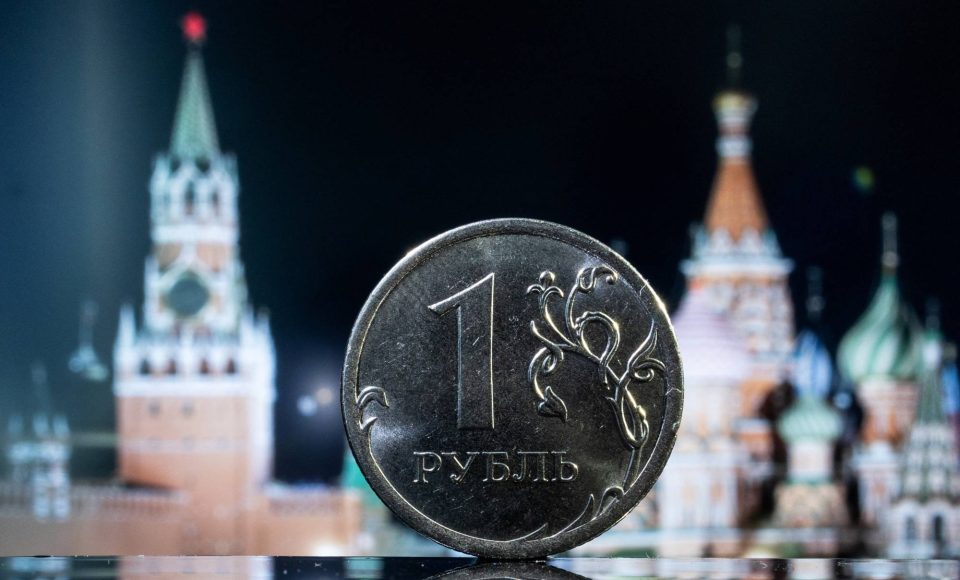Russia defaulted on its foreign-currency sovereign debt for the first time in a century, resulting from increasingly tough Western sanctions that halted payments to overseas creditors.
For months, the country has found ways to circumvent the penalties imposed after the Kremlin invaded Ukraine. But at the end of Sunday, the grace period for about $100 million in interest payments due May 27 expired, and if the deadline is missed, it is considered an event of default.
It’s a grim sign of the country’s rapid transformation into an economic, financial and political outcast. The country’s Eurobonds have been low since early March, the central bank’s foreign exchange reserves remain frozen, and its largest bank has cut ties to the global financial system.
But given the damage already done to the economy and markets, the default is also largely symbolic for now, with little meaning for Russians grappling with double-digit inflation and the worst economic contraction in years.
Russia opposed the default designation, saying it had the funds to pay any bills but was forced not to. To turn things around, it announced last week that it would turn to repay its $40 billion in outstanding sovereign debt in rubles and criticized what it said was a force majeure situation caused by the West.
Official statements usually come from rating firms, but European sanctions have led them to withdraw ratings on Russian entities. If the owners of 25% of the outstanding bonds agree that an “event of default” has occurred, holders can call themselves, according to documents for the notes due Sunday.
As the deadline passes, the focus shifts to what investors should do next. They do not need to take immediate action and may eventually choose to monitor the war’s progress to soften sanctions. Time may be in their favour: According to bond documents, claims are due only after three years from the payment date.
During the 1998 Russian financial crisis and ruble collapse, President Boris Yeltsin’s government defaulted on $40 billion in local debt.
The last time Russia defaulted on its foreign creditors was a century ago when the Bolsheviks under Vladimir Lenin denied the country’s staggering debt burden under the tsar in 1918.
- What is Stock Order : Types, Differences & How Order Works
- India’s Business Activity Hits 3-Month High in Nov Amid Rising Costs
- Trudeau to Cut Sales Tax and Send Checks to Canadians Ahead of Election
- Ashwini Vaishnaw Encourages German Companies to Invest in India
- Flipkart Appoints Dan Bartlett to Board
By comparison, foreigners held nearly $20 billion in Russian Eurobonds as of early April. Despite the war in eastern Ukraine, billions of dollars flow into the state coffers from energy exports every week. He reiterated that the country is capable and willing to pay.



